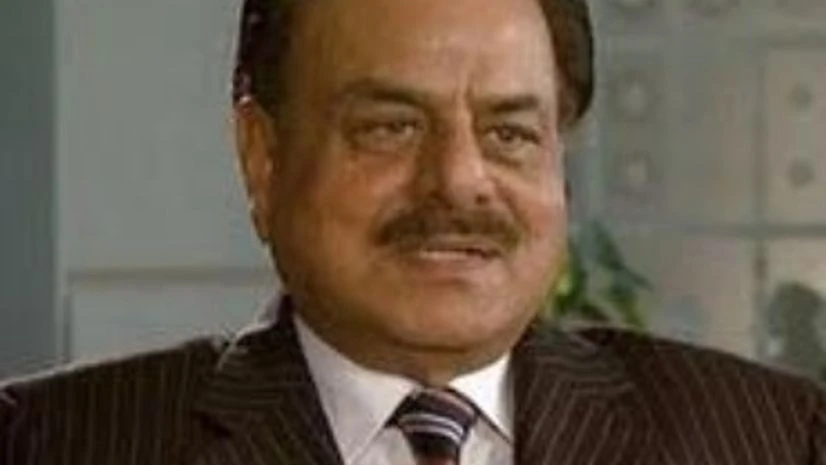At a time when the process to normalise tensions in India-Pakistan relations has received a blow with cancellation of national security advisor (NSA) -level talks, there are reports to suggest some serious efforts had been made in the past from the Pakistani side to resolve the issue.
One report by The Hindu — When Hamid Gul offered India peace (http://www.thehindu.com/opinion/op-ed/comment-article-on-indiapakistan-bilateral-ties-when-hamid-gul-offered-india-peace/article7587371.ece) seems to show that the portrayal of Hamid Gul, former head of Pakistan’s Inter-Service Intelligence (ISI), as a monster by the Indian media might have been unfair.
While much of news coverage on this side of the border highlighted how the man aided, helped, organised and unleashed war of terror on India, The Hindu report shows a different — undisclosed — side of Gul, who died recently.
This side of the story seems to suggest that Gul’s hatred for India and subsequent actions might have been under duress, probably to save himself from the powers that be — to erase any thought he might have wanted or been involved in any peace talks with the ‘perpetual enemy’, India.
The report talks about early 1988, when the then Pakistani President General Zia-ul-Haq was concerned over 48 per cent of that country’s total budget being expended on the army which unfairly took away resources that could have otherwise been used to improve the living condition of its people. The President wanted to and made efforts to reach an agreement with India, to settle some of the differences.
With the help of Jordan’s crown prince Hassan, the intelligence chiefs of both countries are said to have first met in Amman and then in Geneva. The foreign offices of the countries, The Hindu report says, were kept out of the loop. The agreement they reached envisaged “withdrawal of Pakistan’s army in the west to the ground level of Saltoro mountains, giving up Pakistani claim to some Indian territories, the Line of Control (LoC) to run North till Chinese border and a reduction of both the countries’ troop strength”.
More From This Section
Both Pakistan and India were prepared to implement these decisions and General Hamid Gul decided on his own to even return four Sikh soldiers who had “defected to Pakistan after Army assault on Golden Temple”, under operation blue star a few years earlier.
However, the strong ‘peace talks’ came to a sudden end with the unnatural death of President Zia-ul-Haq. On the day of a meeting of defence secretaries, where India was to propose demilitarisation of Siachen according to the agreed plan, it became known that the President had been killed in a plane crash. A civilian hovernment took over in Pakistan and General Hamid Gul was removed as the ISI chief.
After that, when India tried to continue the talk, it emerged that the Pakistan side was not aware of any such operations; there was no official file to show such talks took place. The new government was reluctant to continue with the talks on knowing the extent of compromise that India claimed Pakistan had committed itself to making.
The next steps from the new government in Pakistan was to crush any such talks at any cost.
The revelations in The Hindu report also make one question if President Haq’s death was indeed an accident or a planned murder to prevent a new beginning in strategic India-Pakistan ties.
In a New York Times report that The Hindu has quoted in its own report, the then Indian Prime Minister Rajiv Gandhi apparently said in an interview on May 21, 1991 — hours before he was assassinated — that during Zia’s tenure, India and Pakistan “were close to finishing an agreement on Kashmir. We had the maps and everything ready to sign”.

)
